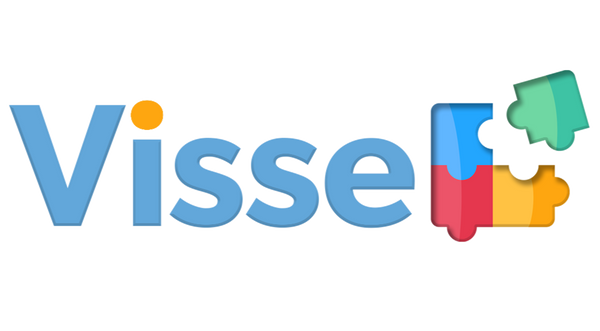
In a world that often values productivity as the ultimate measure of success, individuals with neurodivergent conditions such as Autism Spectrum Disorder (ASD) and Attention-Deficit/Hyperactivity Disorder (ADHD) often find themselves grappling with the misconception that they are lazy or unmotivated. This damaging stereotype not only undermines the unique strengths and challenges of neurodivergent individuals but also perpetuates a culture of misunderstanding. It's time to debunk the myth and recognize the incredible capabilities that autistics and those with ADHD bring to the table.

Dispelling the Myth:
One of the most prevalent misconceptions surrounding neurodivergent individuals is the idea that they are lazy. In reality, individuals with Autism and ADHD often experience cognitive differences that can impact their approach to tasks and productivity. These differences do not equate to laziness but rather represent alternative ways of thinking and processing information.
Autistic individuals, for instance, may have an intense focus on specific interests or tasks, showcasing remarkable dedication and perseverance. This focused attention, however, may come at the cost of struggling with multitasking or shifting attention between different activities.
ADHD, on the other hand, is characterized by difficulties with attention, impulse control, and hyperactivity. Far from being lazy, individuals with ADHD often contend with a constant barrage of stimuli that can make it challenging to concentrate on a single task. However, this does not mean they lack motivation; rather, they may require different strategies to harness their motivation effectively.

Strengths of Neurodivergent Minds:
Autistics and individuals with ADHD possess unique strengths that are often overlooked in the broader conversation about productivity. For example:
- Hyperfocus and Specialized Skills: Autistics often exhibit a remarkable ability to hyperfocus on their interests, leading to the development of exceptional skills and expertise in specific areas.
- Creativity: Many neurodivergent individuals, including those with ADHD, are exceptionally creative thinkers. Their unique perspectives and unconventional approaches can lead to groundbreaking ideas and innovations.
- Resilience and Perseverance: The challenges faced by neurodivergent individuals daily require resilience and perseverance. The ability to navigate a world not always designed with their needs in mind showcases incredible strength.

Breaking Down Barriers:
To support and appreciate the talents of autistics and those with ADHD, it is crucial to break down the barriers perpetuated by the lazy stereotype. Here are a few ways to foster a more inclusive and understanding environment:
- Educate and Raise Awareness: Increased awareness and education about neurodivergent conditions can help dispel stereotypes and promote a more inclusive understanding of the diverse ways individuals think and work.
- Flexible Work Environments: Creating flexible and accommodating work environments can enable neurodivergent individuals to thrive. Simple adjustments, such as providing sensory-friendly spaces or allowing flexible work hours, can make a significant difference.
- Embrace Neurodiversity: Recognize and celebrate neurodiversity as an essential aspect of human variation. Embracing differences fosters a culture of acceptance and allows for the cultivation of diverse talents and perspectives.
Conclusion:
It's time to move beyond stereotypes and recognize the incredible capabilities of autistics and individuals with ADHD. By understanding and appreciating neurodiversity, we can create a more inclusive society that values the unique strengths of every individual. Remember, it's not about laziness; it's about embracing diverse ways of thinking and working to build a more innovative and compassionate world for everyone.



